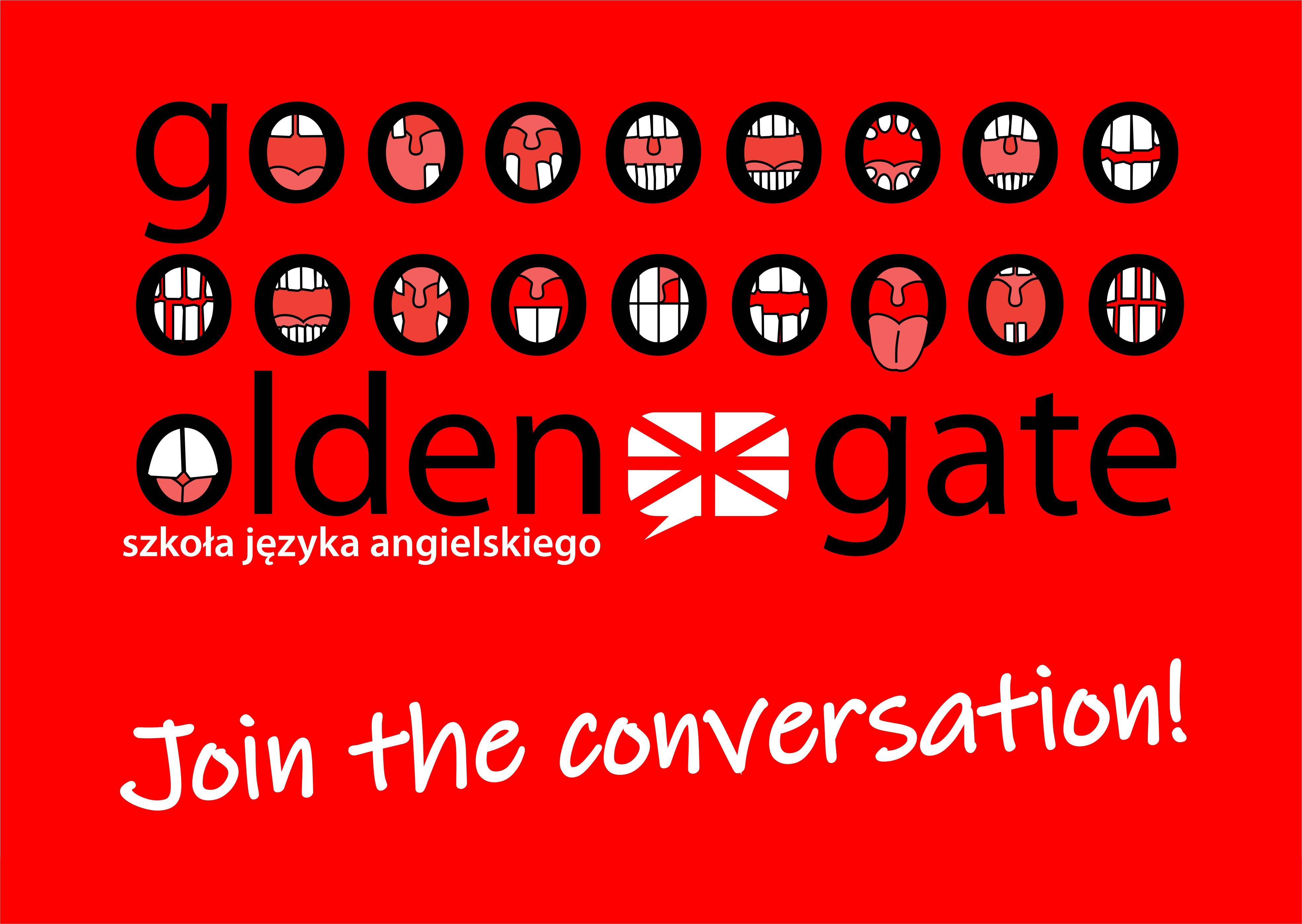Frank The Pole
In 2005 I chose to live in Poland because of a guy called Frank The Pole.
Franciszek Dziomba was born in October 1919 in Mazury to a family of peasant farmers. Life was hard and his family would have to bury potatoes in the ground to protect them from the freezing winters. He first worked as a baker but found he didn’t like getting up early in the morning so he became a coffin-maker. He worked in the sheds behind his boss’ grand house and it was in the shadow of this grand house that Frank’s carpentry skills were born.
Sadly his career was interrupted by the invading German army.
Frank’s mother told him to leave the village because the Germans would be there any day. He asked her where he should go. She told him they were coming from the West so he should head for the East. A few days later the German army arrived in his village. They had a list of people they wanted to pull up and shoot in front of everybody. Just to remind everybody who was in charge. The name ‘Franciszek Dziomba’ was on the Germans’ list. Unfortunately for the Germans, Frank had got on a bicycle the day before and headed East. He didn’t know where he was going or what he’d find but, like his mother somehow knew, it was better than staying in his village.
The war years are a blur, as they so often are. It is understandable that Frank didn’t tell his children every little detail of one of the worst periods in history, but what is known is that at some point he joined up with the Polish Army and fought in Monte Cassino, Italy. Towards the end of the war he ended up in Kent, South-East England with a number of other Polish soldiers. From Kent he saw a job advertised for a joiner, or carpenter, in a small castle in North Wales so moved up there. He couldn’t have known how big a part Wales would play in the rest of his life.
The war was now over and eventually Frank moved to the North Wales market town of Mold, about eight miles from England. It was in Mold that he met his wife – Sadie. She was in her mid-30s, small, pretty and still single. She had been proposed to in the past but didn’t feel they were the right men for her. The right man was a short, slim, dark-haired, funny-looking Pole.
They had a slight problem when they would talk – Frank’s English was terrible. While he may not have been good at conversation his manner was infectious. Sadie would say that Frank couldn’t walk more than a few steps without having a little skip, he was so happy and fun-loving. They married in the early 1950s and quickly had three children – Helena Colette, named after his mother, Francisza and finally Jan, named after his brother. Frank opened a furniture and carpet shop at the top of the High Street in Mold and his family lived above this little empire.
Frank’s shop was a success and he became popular in the town and now became known as Frank The Pole. Friendships made with other immigrants at the local Catholic Church were to become useful in everyday life. Italians helped him build the shop and a Frenchman did the electricity. He came to know a fellow Pole - Grzegorz Saginowski - who wanted to start selling electrical goods but did not have enough money to start a shop of his own. Frank gave him a section of his own shop to help him start until he found his own place. ‘Uncle George’ was then a friend of the family for life.
The furniture shop, known to some as ‘The Pole Shop’, and other business interests took up most of Frank’s time in later years. The happy skips went out of his step. He did, however, find enjoyment in watching the entertaining athletics of Professional Wrestling. The ‘sport’ is all a convincing show and fights take place between a ‘good guy’, who smiles and waves at the crowd, and a ‘bad guy’ who cheats and fights dirty. Frank loved wrestling and one time went to see the matches in Mold with some friends. Halfway through a match his friends turned around to see Frank wasn’t there. He was trying to get into the ring to hit the bad guy with a hammer that had been left lying around! Wrestling nearly became too real for the bad guy.
Whilst in Britain, Frank kept in touch with his family in Poland by sending them letters and parcels of presents. In 1968 he wrote to his mother that he was finally coming back to visit her on the family farm with his wife and three children. Realising that her son was actually coming back, she decided to tell him a little secret – she now lived in a block of flats in Lubawa. The farm had burned down years before but she had not wanted to upset him in Britain. She also asked Frank to bring as much soap, toothpaste and shampoo as he could to a Poland very different to the one he left behind.
With their car loaded with as much soap, toothpaste and shampoo as it could carry, Frank, Sadie and the kids drove to Poland. Uncle George and his family drove behind in a different car and they separated at Poznan – George going south to Bydgoszcz and Frank going on to Mazury. It was said a third Polish guy from Wales thought about joining them in their holiday home, but decided against it because he feared he was still wanted for murder in Poland. It was safer to never go home.
Now Frank could see Communism for himself. At this time there was a Czech uprising that the Russians were looking to crush. As Frank’s little car drove on to Mazury on either sides of the road were forests filled with Russian tanks going in the opposite direction. When they reached their destination Frank told the family not to unpack...they might not stay.
The family were treated like celebrities. They were from Britain and all the neighbours and family and friends came out to see them. It was a big deal and Frank didn’t like it. He gave out all the bags of soap, shampoo, toothpaste and other items that he brought to family and friends. He told his mother he was thinking of buying her a television set but she begged him not to. She would have the neighbours calling round all the time if she had a TV. Frank went back to where he had built coffins all those years ago and saw wood that he had stacked back then remained untouched. The daughter of his old boss still lived in the grand house, but she was only allowed a few rooms of it now and had to share it with strangers. After a couple of weeks the Dziombas went back to their life in Wales. Frank later said if he was going to go back to Poland again he wouldn’t tell anybody. He didn’t want to be the celebrity visitor, he just wanted to spend time with his family. He never went back.
Back in Mold he became elected President Of The Chamber Of Trade – which meant he was the head of a union of the town shopkeepers. He had to give a speech to the union and got Sadie to write down what he wanted to say in front of his respected peers. He nervously practiced in front of the mirror and the kids. His spoken English had never been great so he worked hard to deliver a speech worthy of the occasion. Today, older shopkeepers in the town still remember him at the meetings and how much he helped them when they were starting their businesses.
As the 1960s became the 1970s Frank’s daughters got married. He bought them both houses and the grandchildren started to come. On Saturday afternoons he would sit with a grandchild on each knee watching the wrestling on TV. Hopefully no hammers were nearby. In the late ‘70’s he and Sadie finally moved away from the shop and into a bungalow where they would grow old together.
Franciszek Dziomba died at home in March 1979. People were standing outside a packed church at his funeral in Wales.
Frank The Pole was, of course, my grandfather. I was born in 1983 and never knew him, I just heard all the wonderful things about him and his life. They had to be true, I heard them from so many different people. When my life was at a bit of a crossroads in 2005 I found myself choosing a country to go and teach in. It made sense to go to Poland to discover just a little bit about his people.
Frank’s furniture shop closed in late-2011 when my mum decided to retire. She ran it for three successful decades, always working to do her dad proud. A large picture of him hung in the shop, as an inspiration and reminder of the hard work that went into the business in the past. Now it is an alcohol shop and my mum enjoys the retirement her dad never could.
A few days ago my mum was in the shop queuing up to buy some drinks. In front of her in the queue was a little old Italian lady Mrs De Sena, easily in her 80s and still with terrible English despite living in Mold for sixty years. Mrs De Sena fumbled with her change and slowly paid her bill. My mum bought what she wanted and then spoke with Mrs De Sena, who was complaining about her legs.
‘Can I give you a lift home, Mrs De Sena?’ my mum asked.
‘Oh, you’re very kind,’ the little old Italian lady replied happily, ‘you’re very kind. You’re like your daddy, he was very kind too.’
Dziadek was honest, generous and he was decent. I never met him but all I can do is try to be honest, generous and decent in his honour. I never met him but everyone I speak to tells me how much he helped them. Today if I’m talking to Poles I don’t know I often find they are guarded and serious and when, after two or three sentences, I say ‘Mój dziadek był Polakiem’ and it gets a few friendly smiles and the guards come down. I never met him and he’s even helping me...



